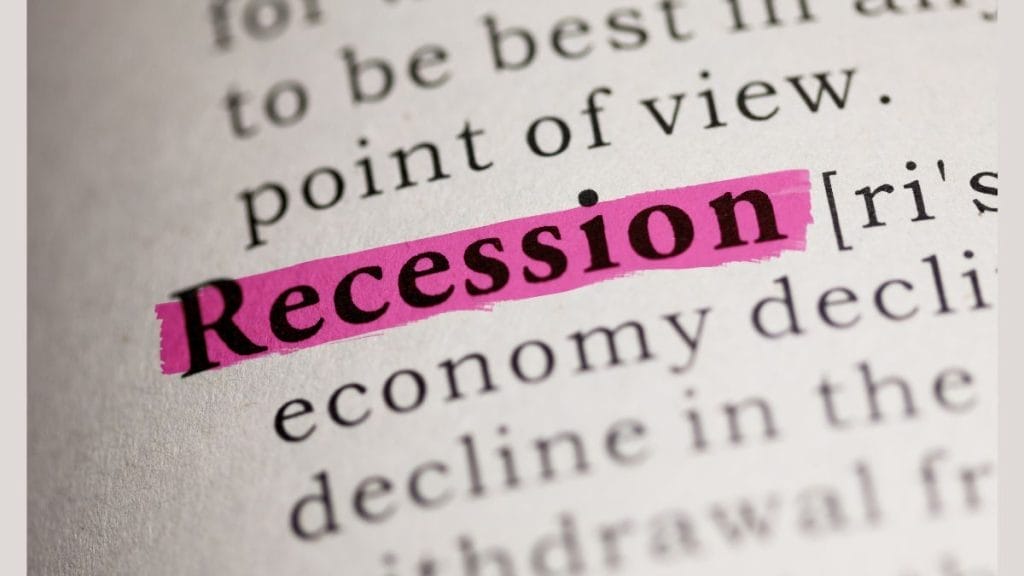New Delhi: The German economy’s consecutive contraction over two quarters is expected to have a negative impact on India’s exports to the European Union nation, particularly in sectors such as apparel, footwear, and leather goods, according to exporters. Recent data released by the Federal Statistical Office reveals a 0.3 percent decline in Germany’s gross domestic product (GDP) from January to March, following a 0.5 percent drop in the last quarter of 2022.
Sharad Kumar Saraf, a Mumbai-based exporter and chairman of Technocraft Industries, highlighted the potential repercussions on Indian exports, not only to Germany but also to the broader European market due to the ongoing recessionary conditions. India’s exports to Germany amounted to $10.2 billion in the 2022-23 fiscal year, and a decline is anticipated, with leather products, chemicals, and light engineering items being the most affected sectors.
Ajay Srivastava, the co-founder of the economic think-tank GTRI, estimated that India’s exports, particularly in the value of $2 billion, including smartphones, apparel, footwear, and leather goods, would be adversely affected by the recession. He emphasized that in times of economic downturn, everyday consumer goods are typically the first to be impacted. Furthermore, the export of iron and steel products will face challenges due to Germany’s forthcoming implementation of a carbon border tax.
Narendra Goenka, Chairman of the Apparel Export Promotion Council (AEPC), expressed concerns over the impact of Germany’s recession on order flows into India, projecting a minimum 10 percent decline in business. He also anticipated a reduction in investment flow from Germany. However, Saraf suggested that German investments in India might remain unaffected, as German companies tend to explore cheaper alternatives during recessionary periods.
Yogesh Gupta, Regional Chairman of the Federation of Indian Export Organizations (FIEO) in the Eastern Region, acknowledged that Germany serves as a significant growth driver for the European Union and, therefore, the recession in Germany is likely to affect purchasing activities in the region. Nevertheless, Gupta cautioned that it is premature to assess the exact impact of the recession on Indian exports.
In the 2022-23 fiscal year, India’s exports to Germany encompassed various sectors, including machinery ($1.5 billion), electronics ($1.2 billion) – including smartphones ($458 million) – apparel ($990 million), organic chemicals ($822 million), footwear ($332 million), leather goods ($305 million), articles of iron and steel ($474 million), and auto components ($406 million).
While the common definition of a recession entails two consecutive quarters of economic contraction, the euro area business cycle dating committee’s assessment includes a broader range of data, such as employment figures. Germany, being one of the 20 countries that employ the euro currency, holds significance within the European economic landscape.





